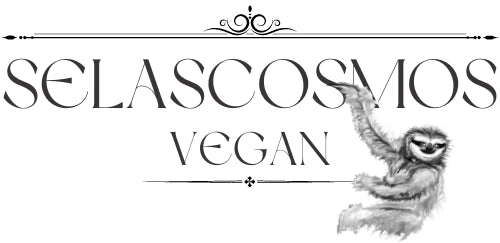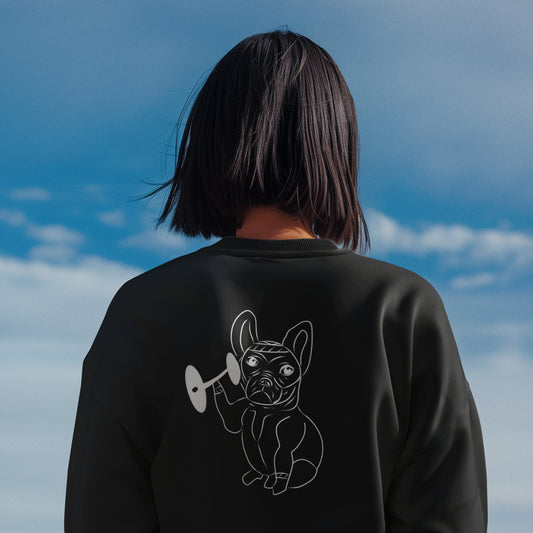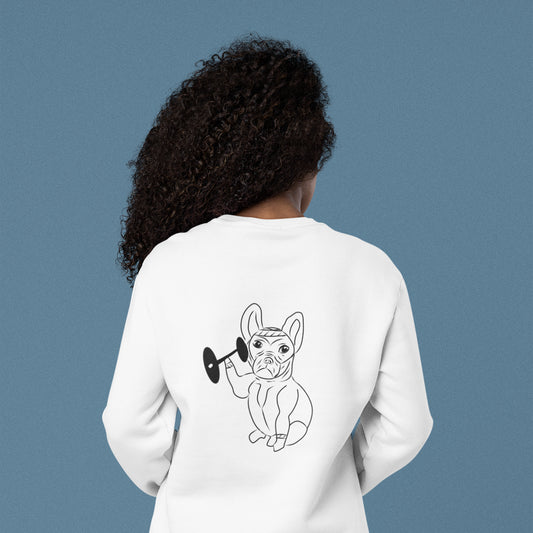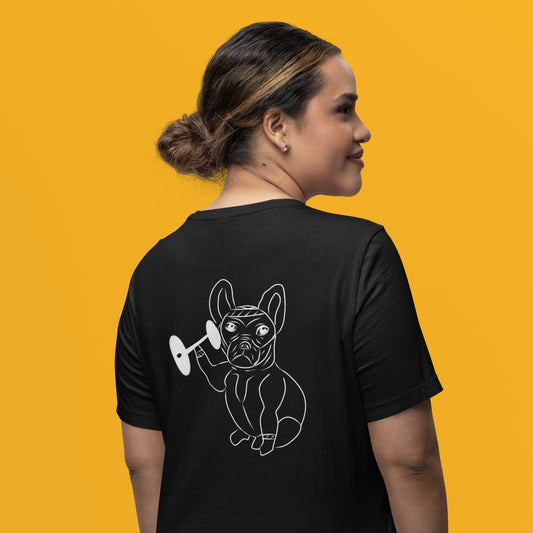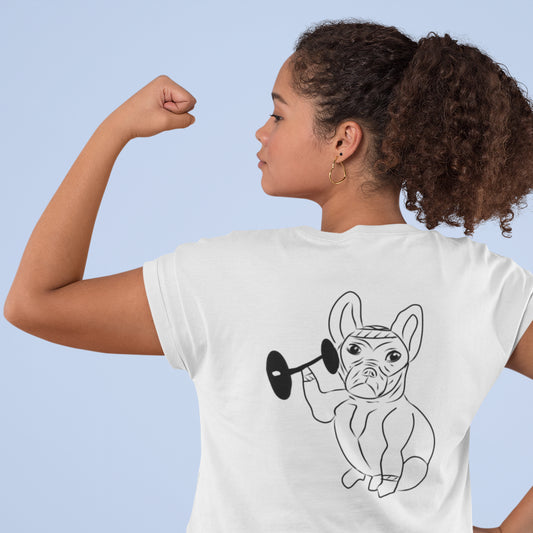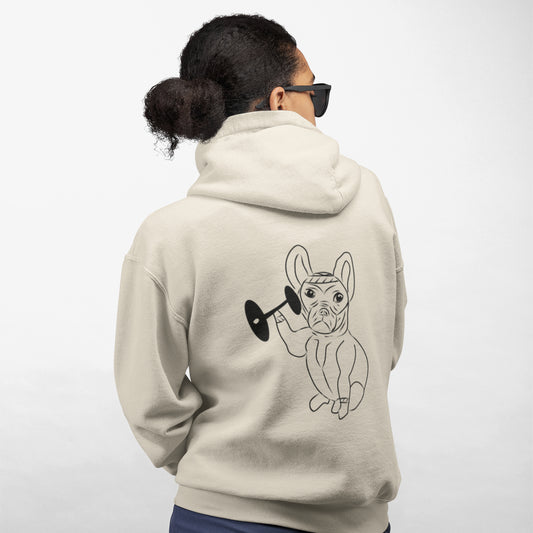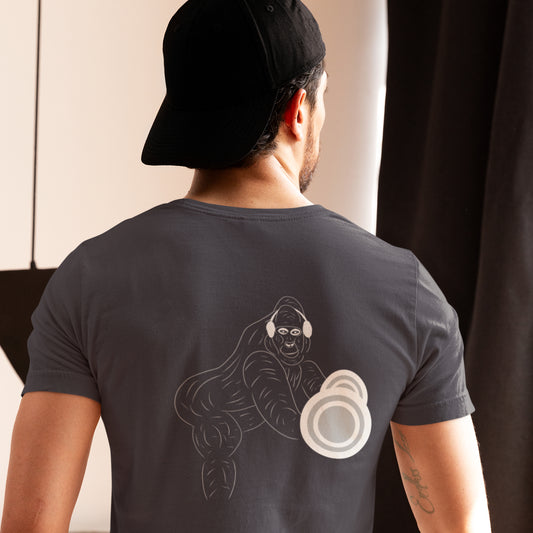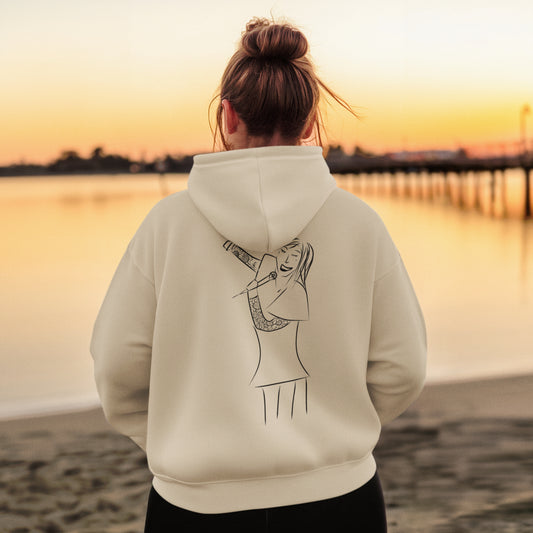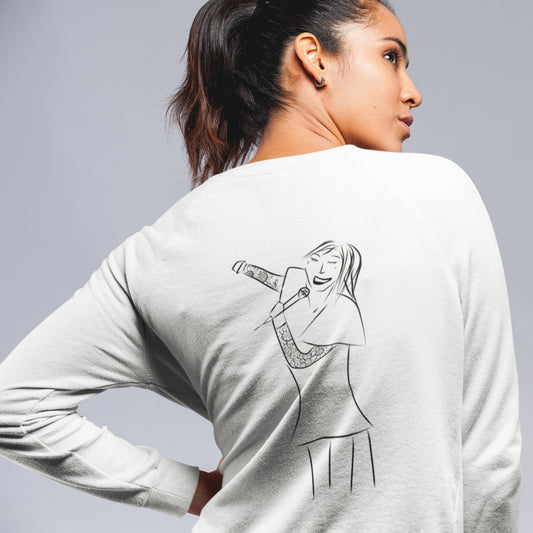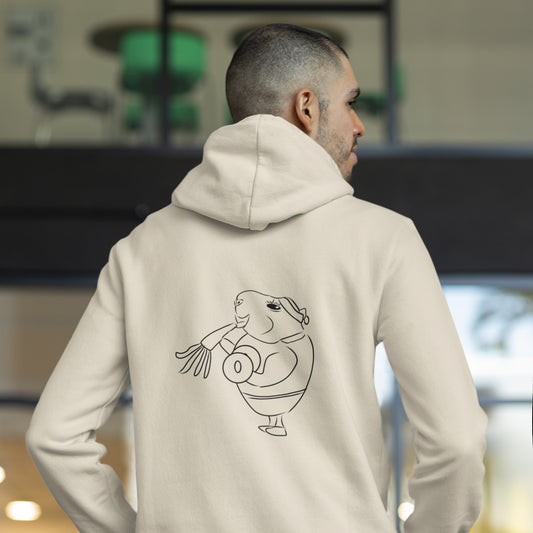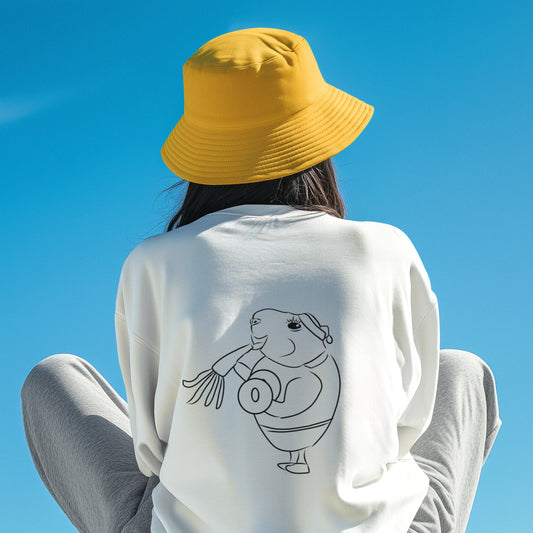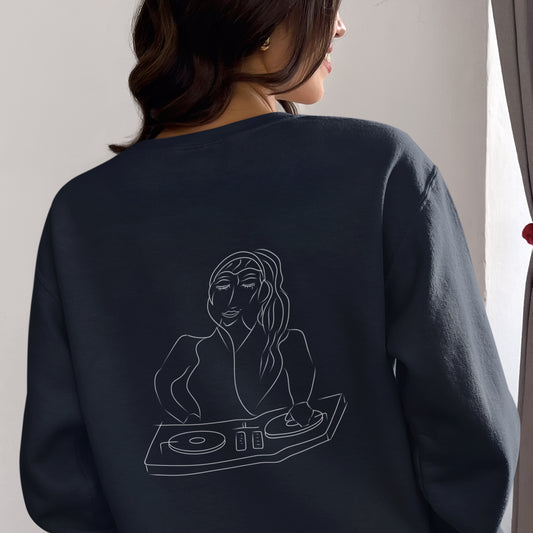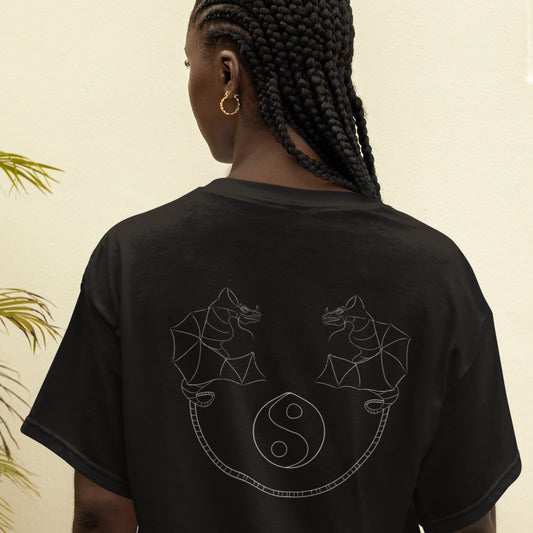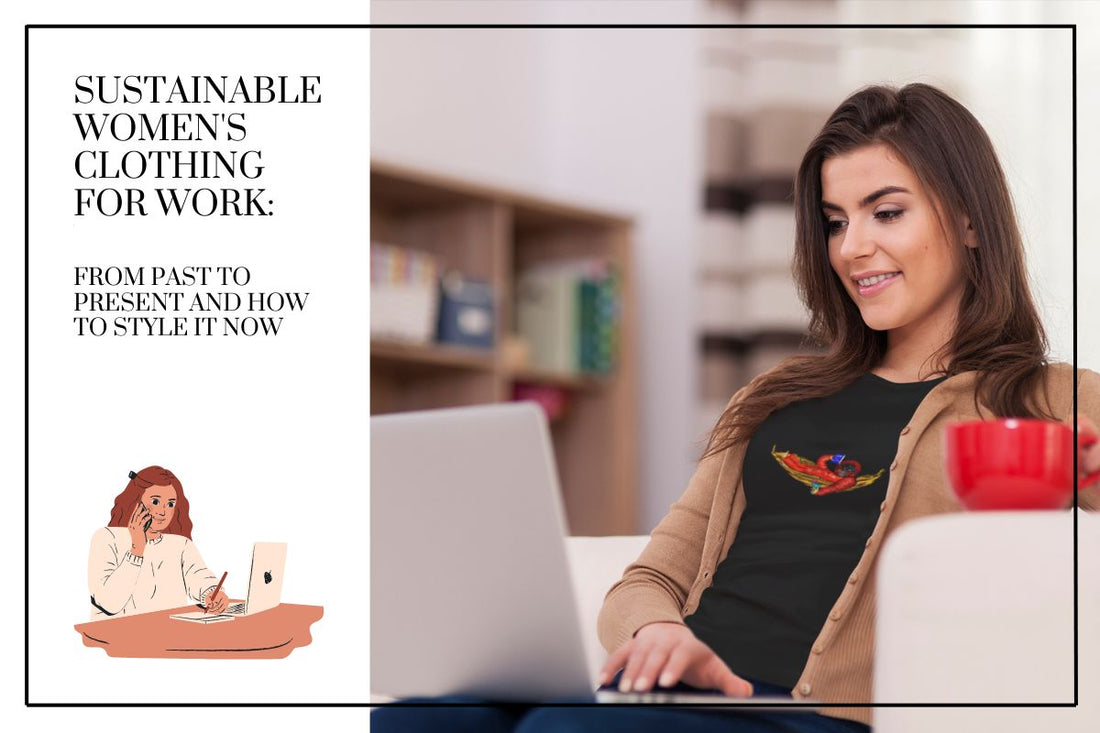
Sustainable Women's Clothing for Work: From Past to Present and How to Style It Now
Share
In the evolving landscape of women's fashion, workwear has seen some of the most transformative changes. From the days when women first entered the workforce en masse during the World Wars to today’s modern office environments and remote work setups, the journey of women's work clothing is rich and layered. In this blog, we’ll take a look at the history of women’s work wear, discuss the latest trends in sustainable office fashion, and offer style guides that prioritise eco-conscious choices like our organic cotton T-shirts, jumpers, and hoodies. Because sustainability is not just a trend—it's a lifestyle.
The Evolution of Women's Workwear: A Brief History
In the early 20th century, as women began to join the workforce in larger numbers, their clothing had to evolve. During World War I and II, many women took on jobs traditionally held by men. Practicality became essential, leading to the adoption of trousers, coveralls, and uniforms. Including the Wartime 'onesies' for the air raid shelter. The focus was on utility rather than fashion, but these garments paved the way for a more androgynous style that challenged traditional gender norms. If you are interested in 1940's fashion the Imperial War Museum have some excellent video tutorials.
The 1950s and 60s saw a return to more traditionally feminine styles, with fitted dresses and skirts dominating office wear. However, as the feminist movement gained momentum in the 1970s, women began to push back against these restrictive norms. The introduction of the power suit—a symbol of women’s growing presence in the corporate world—combined the assertiveness of men's suits with a distinctly feminine touch.
Fast forward to today, and the concept of workwear is more fluid than ever. With the rise of remote work and flexible office environments, the line between professional and casual attire has blurred. Women are no longer confined to rigid dress codes, and this shift has made room for more sustainable and inclusive choices in work clothing.
The Importance of Sustainability in Workwear
As our awareness of the environmental impact of fashion grows, so does the demand for sustainable clothing options. The fashion industry is one of the largest polluters in the world, contributing to water waste, carbon emissions, and massive amounts of landfill waste. But as consumers, we have the power to make better choices. The fashion industry accounts for 10% of global carbon emissions and nearly 20% of wastewater.
At the heart of sustainable fashion is the principle of "reduce, reuse, recycle." Before you even consider buying new clothing, it's best to make the most of what you already have. Refreshing your wardrobe by styling old pieces in new ways can reduce waste and save money. If you do need something new, consider buying second-hand or investing in high-quality, sustainable pieces that are made to last.
Our collection of organic cotton T-shirts, jumpers, and hoodies is designed with this ethos in mind. Certified Organic Cotton is grown without harmful pesticides and synthetic fertilisers, which makes it better for the environment and safer for the farmers who produce it. Moreover, these pieces are timeless and versatile—perfect for any modern work environment.
3 Current Trends in Sustainable Office Fashion
- The Shift to Casual Workwear: The pandemic has forever changed how we dress for work. With many offices embracing a more relaxed dress code, casual clothing has become the norm. Organic cotton T-shirts and hoodies are now staples in work-from-home wardrobes. Pairing a well-fitted organic cotton T-shirt with tailored trousers or a pencil skirt can create a professional yet comfortable look.
- Minimalism and Versatility: Sustainable fashion often embraces minimalist principles. Investing in a few high-quality pieces that can be styled in multiple ways is not only eco-friendly but also time-saving. Our organic cotton jumpers are perfect for layering over a shirt for a more formal look or wearing on their own for a casual day.
- Gender-Neutral and Inclusive Fashion: Modern workwear is increasingly moving towards gender-neutral options that offer inclusivity and comfort for all body types. Our organic cotton hoodies, with their relaxed fit and soft texture, are designed to suit everyone, making them a perfect addition to any work wardrobe.
3 Style Guides Featuring Our Organic Cotton Collection
- The Classic Office Look: Organic Cotton T-Shirt: Pair a crisp white organic cotton T-shirt with high-waisted black trousers and a blazer for a timeless, professional look. Add a pair of loafers or heels to complete the outfit. This look is ideal for formal office settings where you need to maintain a polished appearance.
- The Casual Work-From-Home Ensemble: Organic Cotton Hoodie: Combine an organic cotton hoodie with your favourite pair of jeans or leggings. This comfortable outfit is perfect for days spent working from home or for a casual Friday at the office. To add a bit of flair, accessorise with a simple necklace or a pair of stud earrings.
- The Layered Look: Organic Cotton Jumper: For those chilly office environments, layer an organic cotton jumper over a button-up shirt. Pair it with a midi skirt or tailored trousers for a look that is both warm and stylish. This outfit is great for transitioning between seasons and can easily be dressed up or down with the right accessories.
Conclusion: Making Sustainable Choices
Sustainability in fashion is about more than just the clothes we wear—it's about the values we hold. By choosing organic cotton and other eco-friendly materials, you’re making a statement that quality and sustainability matter. Remember, the most sustainable piece of clothing is the one you already own. But when it’s time to add something new to your wardrobe, choosing items like our organic cotton T-shirts, jumpers, and hoodies is a step towards a more sustainable future.
If you would like to read other blogs and guides why not sign up to make sure you never miss them.
Let’s redefine workwear together—one organic cotton piece at a time.
